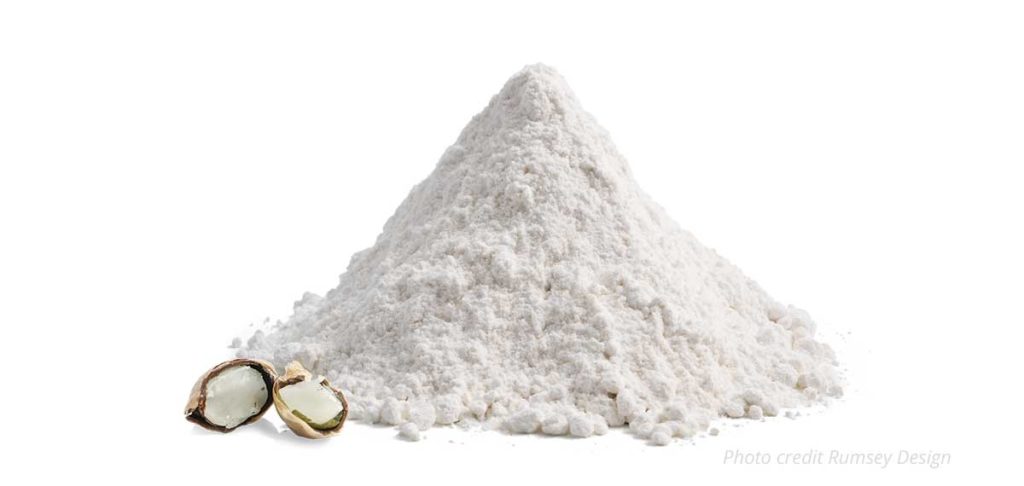When we think of plant-based meat alternatives, brands like Beyond Meat and Impossible Foods immediately come to mind, and deservedly so. Influential partnerships with major fast-food chains have aided their disruptive emergence into the market. Today, consumer curiosity for plant-based meats and plant protein is at its all-time high, and the market is expected to grow.
But while these brands are dominating certain segments at +200% growth, the sleeping giants are just beginning to rise (IRI – Total U.S. Multi-Outlet (Grocery, Drug, Mass Market, Military, and Select Club and Dollar Retailers). Tyson, Perdue, Nestlé, Hormel, and many other major food companies all launched plant-based meat products over the last year. Unilever has an ambitious target to achieve over $1 billion annual sales of plant-based meat and dairy alternatives within the next five to seven years – Figures that could challenge the impressive beginnings of startups like Beyond Meat and the hundreds of other emerging brands in the space. Fortunately, the global plant-based meat category forecasts 28% compound annual growth, building on what was a $5 billion industry in 2018 to $85 billion by 2030. It appears there may be plenty of opportunity to go around (source: UBS Investment Bank).
What do all these companies have in common? They are all looking for ingredients and processing technologies to improve taste, texture, sustainability, and affordability of plant-based meat alternatives. Perhaps the only thing more impressive than plant-based product development is the innovation in ingredients behind the scenes.
Juicier More Authentic Burgers
No disrespect to the original veggie burgers, but consumers may never settle for dry, spongy patties again… not after trying an Impossible Burger. The bar is set pretty high. Behind McDonald’s P.L.T., Burger King’s Impossible Whopper, or KFC’s “Kentucky Fried Miracle,” is the calculated science of making plant proteins look and taste like actual meat.
Ingredient properties, like gelling and emulsification, play a tremendous role. Austin, TX-based Applied Food Sciences (AFS) believe they have found the recipe for success in their new hemp seed protein. According to Brian Happel, the Director of Meat Analogues & Nutrition, the company deliberately calls attention to the source for its latest plant protein, ‘hemp hearts,’ as important because it comes from the dehulled inner-white parts of the hemp seed.
“We wanted to create something that was food-driven, so taste was paramount,” Happel explains. “For hemp seed protein, this means removing the outer shell to present a cleaner ingredient that is white instead of green and is void of bitter flavor typically associated with hemp protein.” Fitting considering that Mintel says taste is the number one reason consumers choose to eat plant-based proteins.

“But for meat analogues, the texture is a close second,” Happel continues. “And what’s unique about our hemp seed protein is its exceptional emulsification and gelling properties, which results in a juicier, more authentic meat mouthfeel.”
AFS says its customers are excited about the 75% protein content complete with all nine essential amino acids. Still, the neutral flavor and complementary functional attributes appear to be setting this plant protein apart.
More on Hemp Hearts
Hemp hearts are considered the nutritional powerhouse full of proteins, amino acids, and fatty acids ordinarily reserved for sprouting new hemp plants. According to Mintel, 76% of Americans perceive plant-based foods as healthy, so it may be reassuring that hemp hearts will live up to this expectation.
Hemp seeds contain more protein wt/wt than almonds, chia, or flax seeds, mostly made up of Edestin and Albumin, a form of easily digestible globular proteins. The fats in hemp seeds are almost entirely polyunsaturated fatty acids (PUFAs) that our bodies can’t make and are therefore essential for consumption in our diet. While omega-6s are common in many vegetable oils, nuts, and seeds, hemp stands out for delivering the ideal balance of omega-6 to omega-3 fatty acids of approximately 3:1.
Hemp seeds contain minerals necessary for our health like vitamin E, vitamins B1 and B6, iron, magnesium, zinc, potassium, and more. Some minerals can be hard to obtain on a plant-based diet making hemp an attractive ingredient option for plant-based meat producers.

